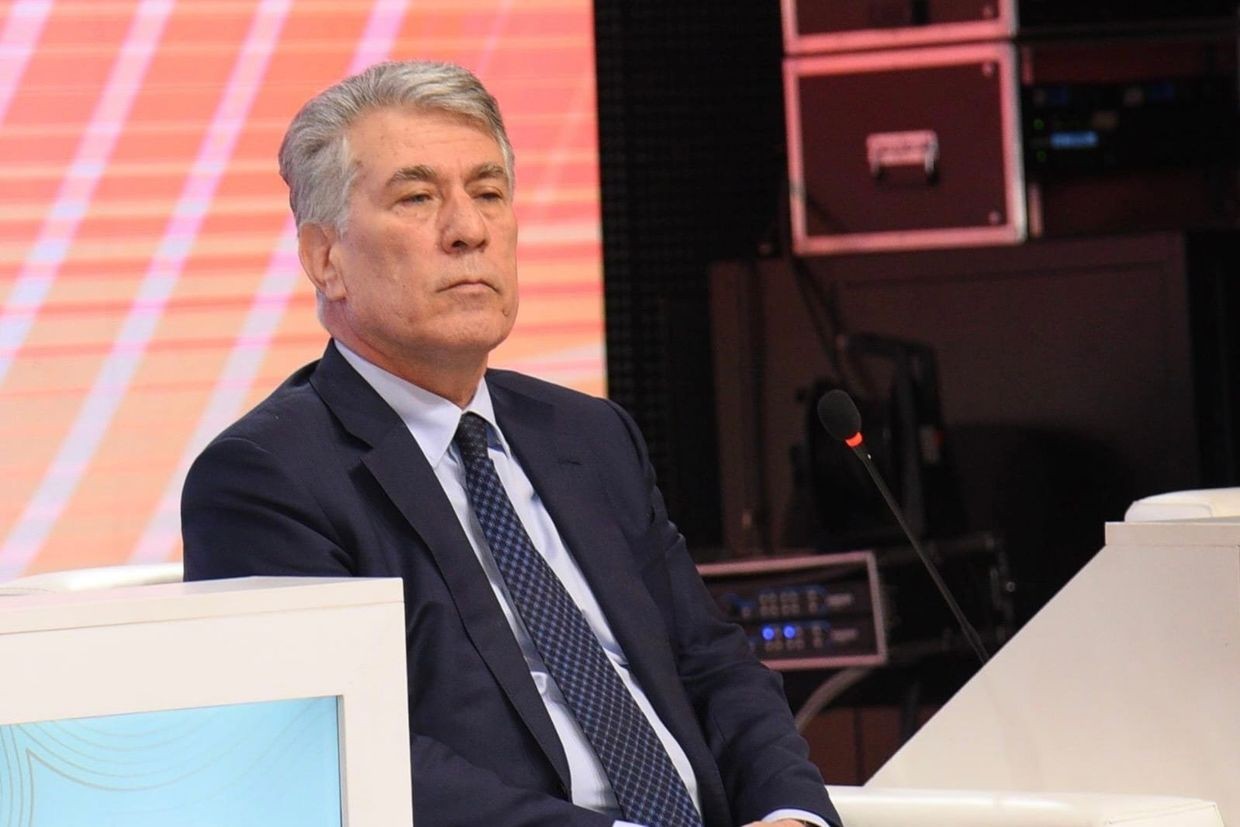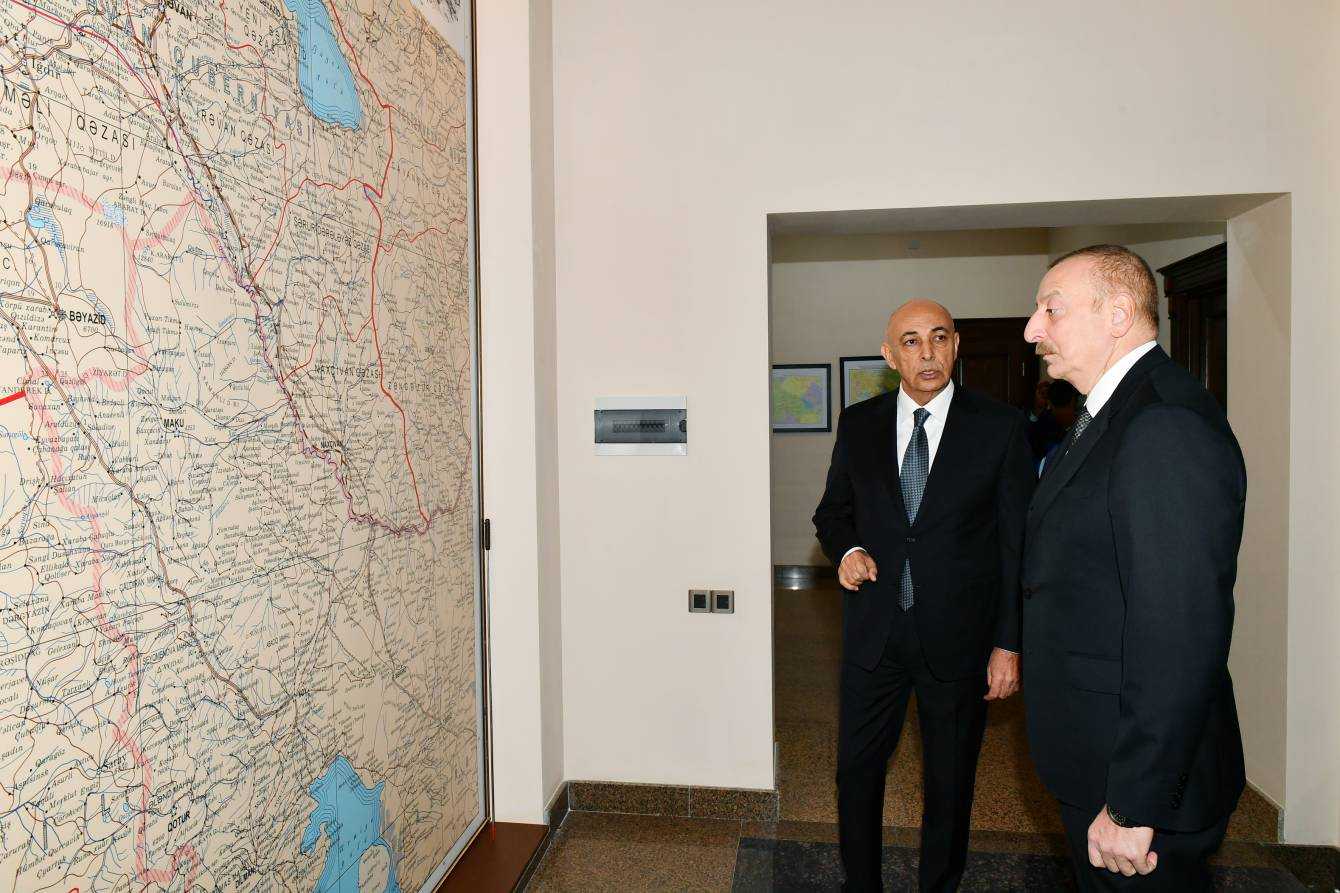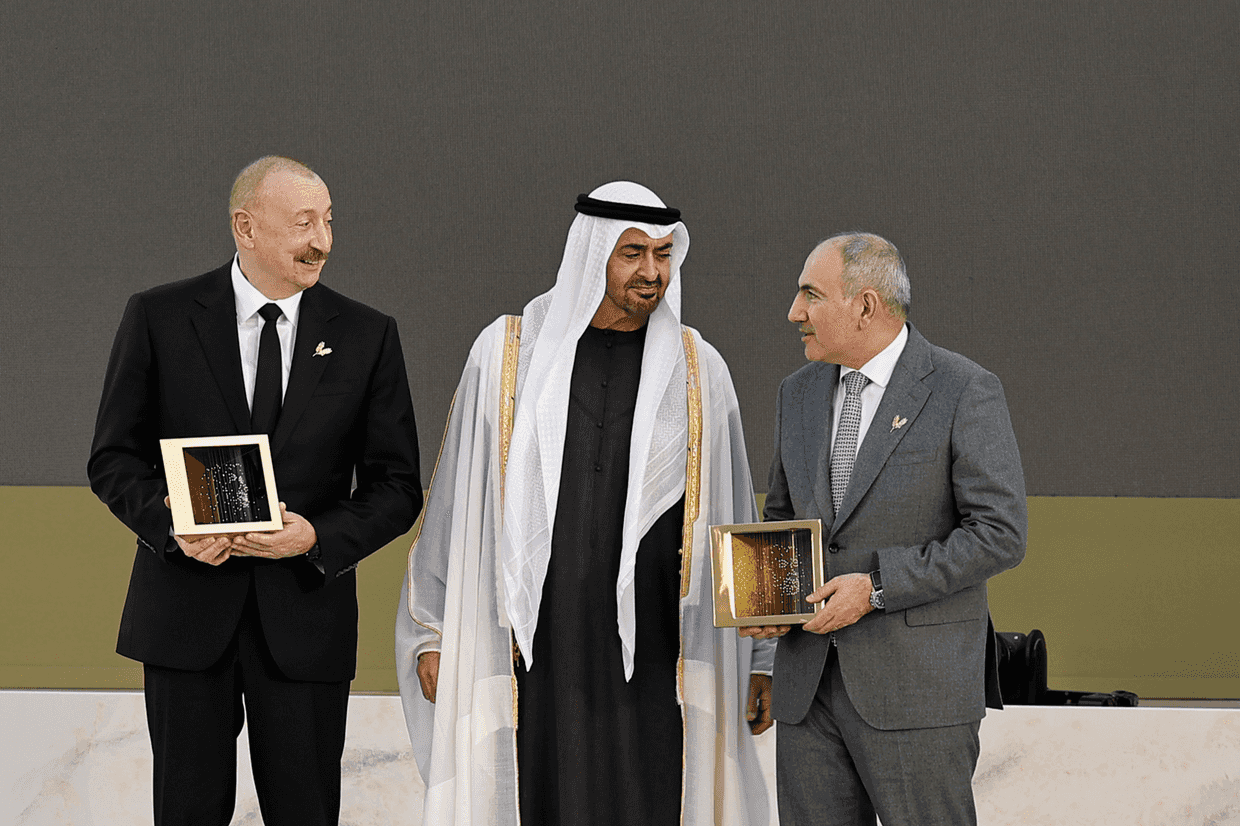Azerbaijan names ‘Zangezur Corridor’ and Armenian Constitution as barriers to peace treaty

On Friday, Ziyafat Asgarov, deputy speaker of the Azerbaijani Parliament, claimed that the ‘opening of the Zangezur Corridor’ and the ‘territorial claims enshrined in the constitution of Armenia’ were the two sticking points of the peace treaty. The Armenian side swiftly dismissed the claims, stating these were not the issues holding up the peace process.
Noting that 15 points out of the 17-point agreement had been agreed upon, Asgarov claimed in regards to the ‘Zangezur Corridor’ that ‘Armenia has shifted the responsibility for the disruption of this process to Iran, then to France, then to the United States’.
The ‘Zangezur Corridor’ is an Azerbaijani proposal to establish a transit link between mainland Azerbaijan and its exclave of Nakhchivan.
Asgarov also claimed that Armenia is not an ‘independent sovereign state’, and that it postponed signing the peace treaty ‘under pressure from the Biden administration’. It is unclear if the two statements were connected.
Referring to the recent developments in regards to the Armenian Constitution, Asgarov claimed that Armenian Prime Minister Nikol Pashinyan had admitted that ‘the amendments made before he came to power cannot be considered legitimate’ and that ‘Armenian officials have already announced the preparation of a new draft constitution’.
‘We want to conclude an agreement with the Armenian state, not with the Prime Minister’, Asgarov concluded.
Last week, Pashinyan again spoke in favour of adopting a new constitution through a national referendum in a speech dedicated to the ‘Real Armenia’ ideology developed by his government.

Even though Pashinyan said that he has talked about the need to change the constitution since February 2020, his critics argue that the proposal is connected to Azerbaijani demands.
Besides the two sticking points, Azerbaijani presses on preconditions
Asgarov’s statement contradicts what was previously stated about the sticking articles of the peace treaty.
On Friday, Armenia’s Deputy Parliamentary Speaker Ruben Rubinyan dismissed Asgarov’s statement, telling RFE/RL that the mentioned issues were not ‘discussed in the peace treaty’.
Rubinyan cited previous statements made by Pashinyan, noting that the two sticking points in the peace talks were the deployment of ‘third party forces’ — a reference to the EU Monitoring Mission on the Armenia–Azerbaijan border which patrols the Armenian side — and ongoing international lawsuits filed by the two countries against each other.
Rubinyan noted that the two points mentioned by Pashinyan ‘have also been confirmed by [...] Baku’.
The outstanding articles yet to be agreed upon were firstly revealed last November by Farid Shafiyev, the chair of the Centre of Analysis of International Relations, an Azerbaijani pro-government think tank. Shafiyev suggested they were the alleged territorial claims in the Armenian Constitution, ‘international legal warfare’, and the withdrawal of EU observers from the Armenian-Azerbaijani border.
That same month, commenting on this statement, Pashinyan only denied the point related to the Armenian Constitution, suggesting that Armenia and Azerbaijan ‘have not discussed and have not included any agendas related to the constitution’ in the peace talks.

In turn, Azerbaijani President Ilham Aliyev in January corroborated in an interview with Russian propagandist Dmitry Kiselyov on Russia-24 TV that the two issues were the remaining sticking points.
However Aliyev voiced two preconditions, the amendment of the Armenian Constitution and ‘liquidating the OSCE Minsk Group’, and said that with their resolution, ‘there will be no obstacles to signing a peace treaty’.
As for the ‘Zangezur Corridor’, Azerbaijan reportedly agreed last August to withdraw their demand and instead ‘refer it to a later stage’, thus removing a major roadblock to the signing of the treaty.
However, since then, Azerbaijani, Russian, and Turkish officials have all continued to voice support for the proposal, with Aliyev accusing Armenia in January of a nonconstructive approach over four years and of stalling progress on the ‘Zangezur Corridor’ by offering excuses and attempting to mislead the international community.
‘Armenia must fulfil its obligations and ensure unhindered passage from Azerbaijan to Azerbaijan’, Aliyev said, adding that they were ‘taking practical steps for the opening of this corridor’.
In February, Pashinyan reiterated that ‘the agreed part’ of the peace treaty was ‘sufficiently weighty and mature for signing’, and that Armenia ‘has proposed comprehensive solutions’ for the two articles yet to be agreed upon.

CORRECTION: This article originally asserted that Armenia said the issues of opening the ‘Zangezur corridor’ and Armenia’s Constitution had already been resolved. Armenia did not suggest they had been resolved, instead stating that these were not the issues holding up the peace agreement.










